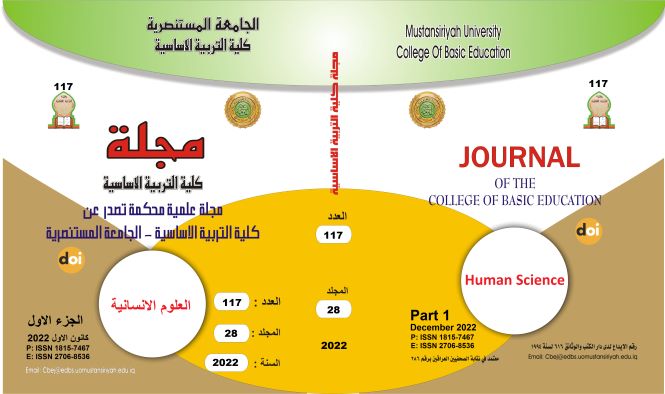The geopolitical future of Chinese soft power policy towards the Arab countries in North Africa
Main Article Content
Abstract
North African countries are among the regions of vital importance to the sustainability of China's rise and development. China has chosen the soft power strategy as an approach to strengthening relations with African countries, and one of its mechanisms is the strategic partnership. The Chinese soft power approach aims to spread Chinese values through cultural relations, public diplomacy and economic cooperation
China has pursued a foreign policy towards the Arab North African countries in accordance with the developments taking place on the international arena, based on its priorities, values and objectives. It has adopted many means and strategies that have prepared its penetration in the continent from technical and financial assistance to African countries and has deepened its relations with them in various fields of life, starting from the economic and technical field to the political and security consultative field, which certainly had repercussions and repercussions for the Chinese and African parties.
The growing presence of China in the Arab North African countries reflects its economic and political priorities, and it is clear that it is first related to ensuring China's commercial superiority and economic development, and this development internally and externally requires securing strategic raw materials. Secondly, politically, although the African continent is of little importance to China’s foreign policy agenda, it plays a largely supportive role in its grand strategy, and instead of viewing Africa as an “end” or “priority,” it is seen as a “tactic.” or part of the "foundation" upon which China's broader strategic ambitions are built.
Article Details

This work is licensed under a Creative Commons Attribution-ShareAlike 4.0 International License.
